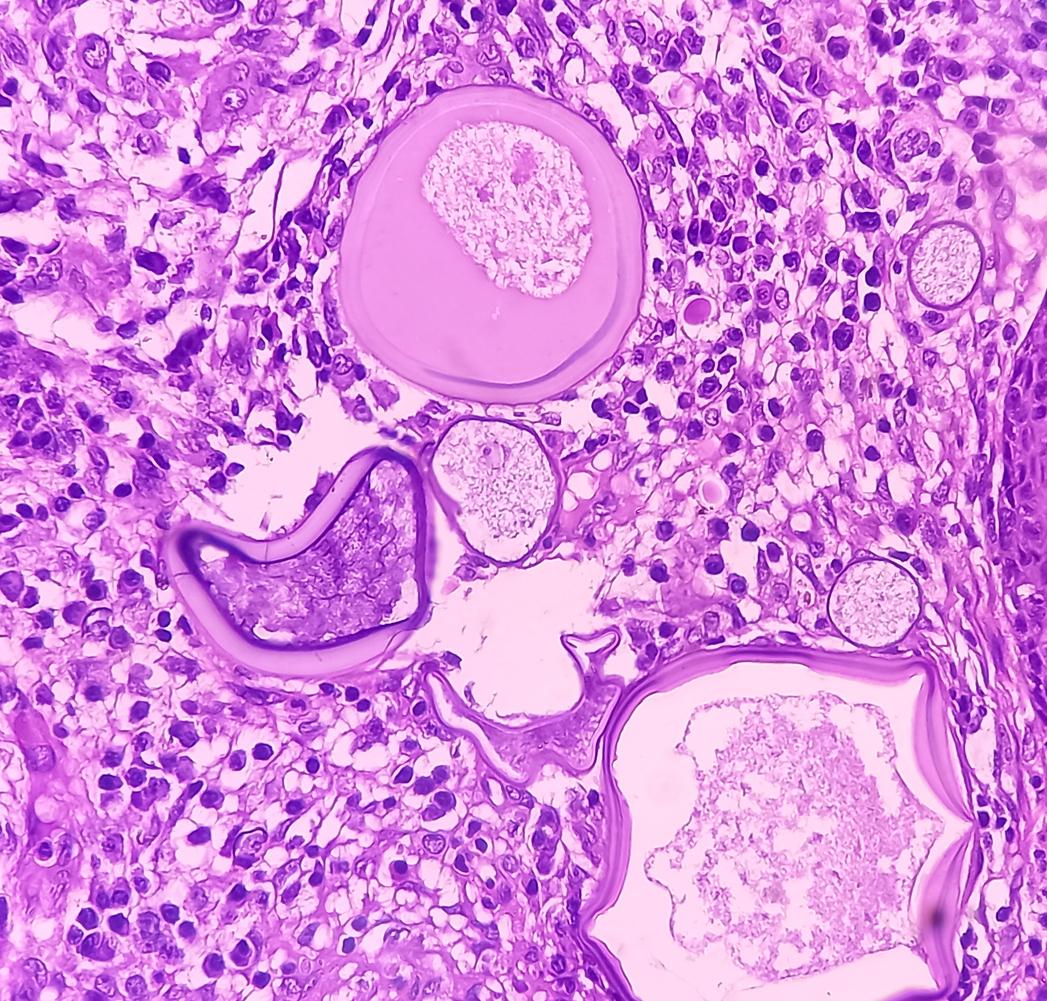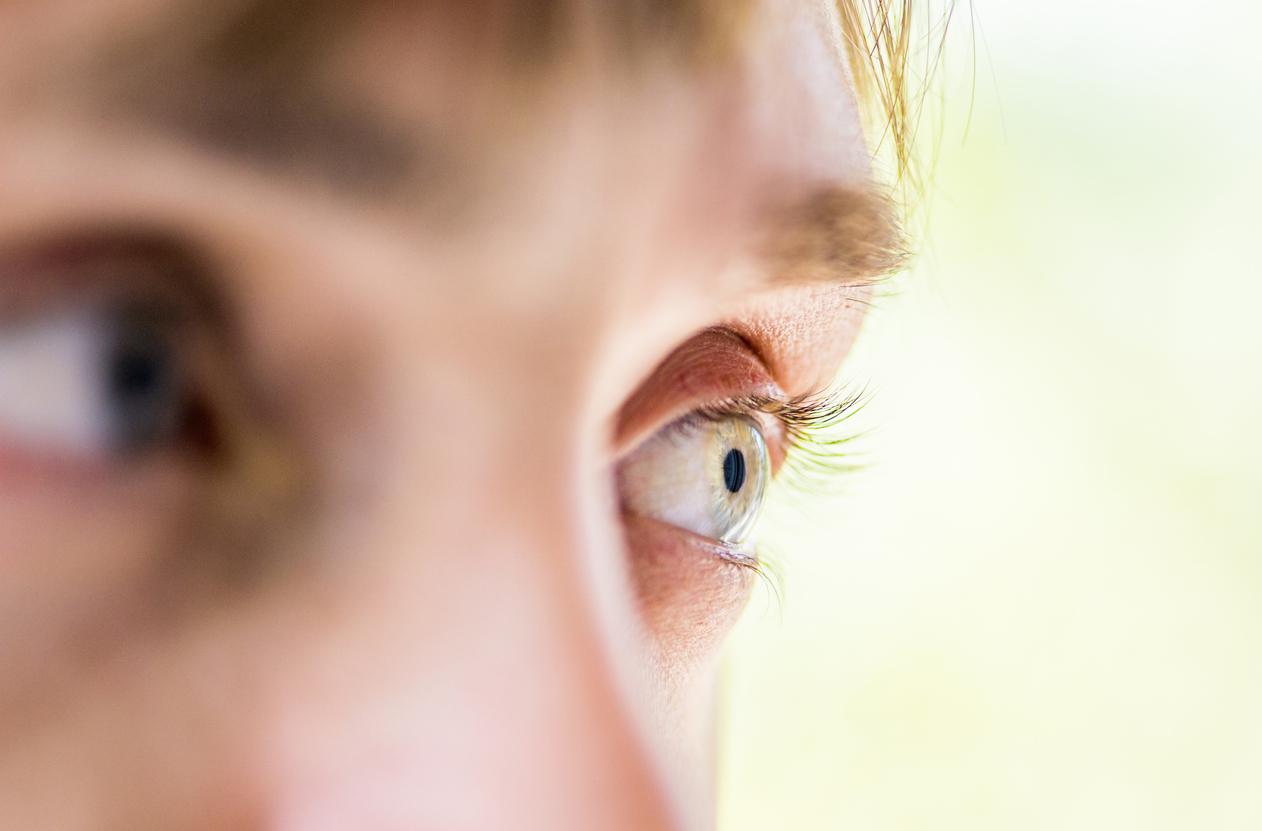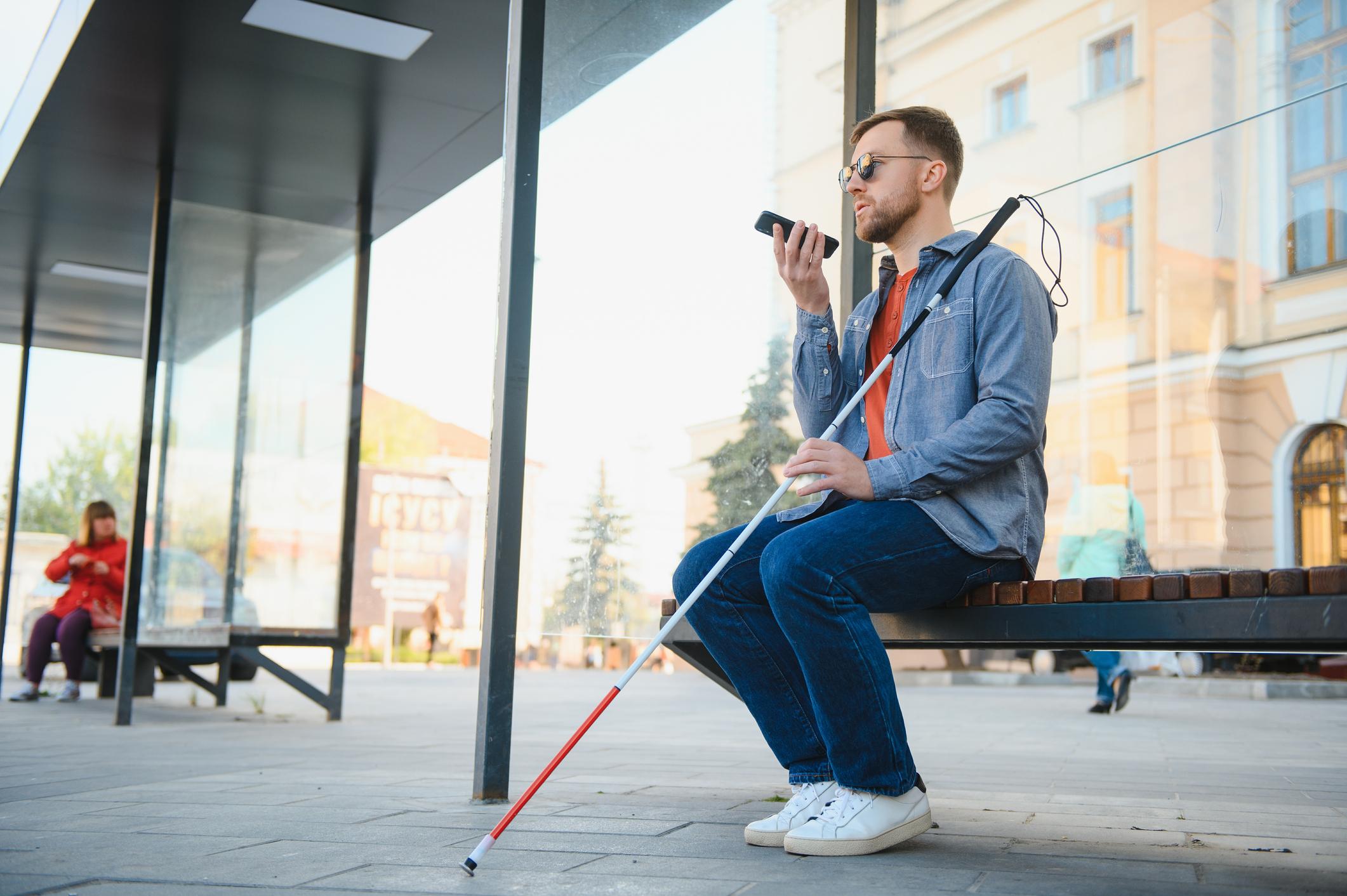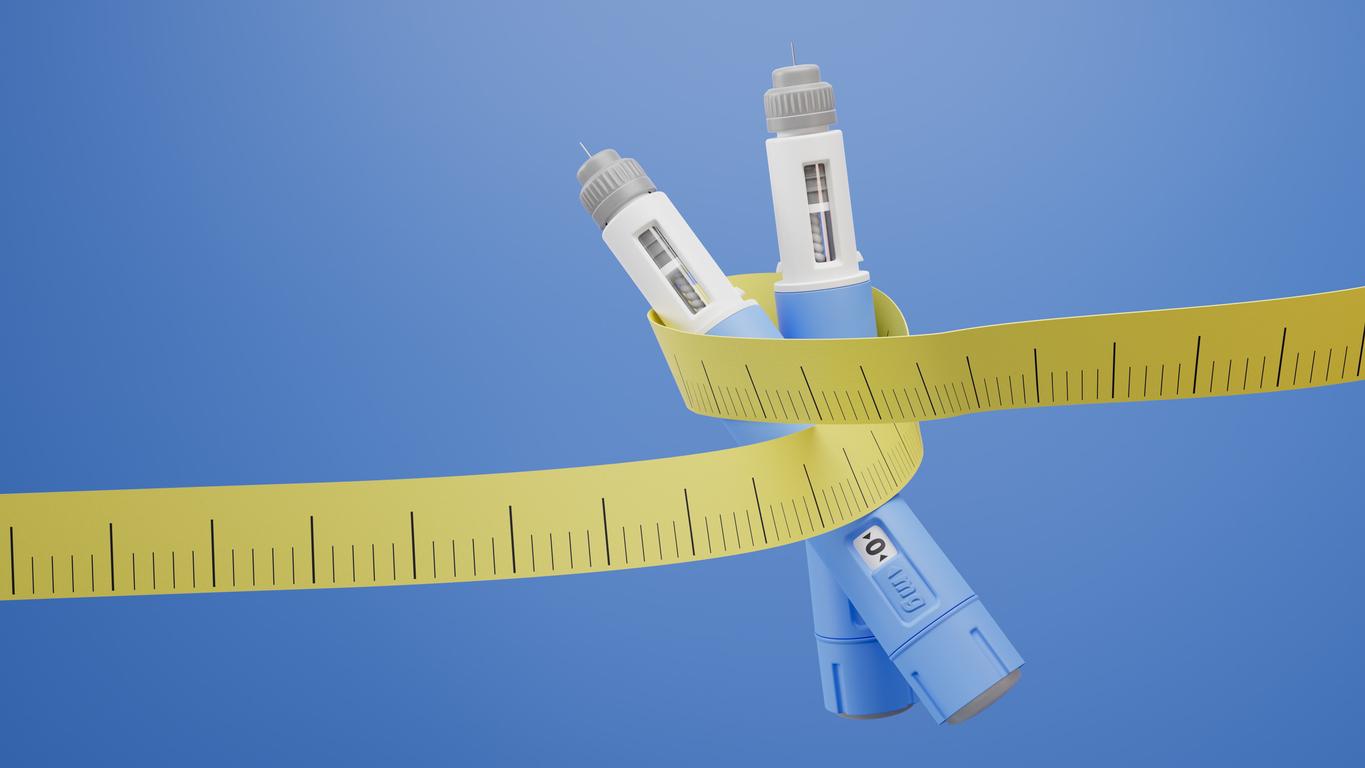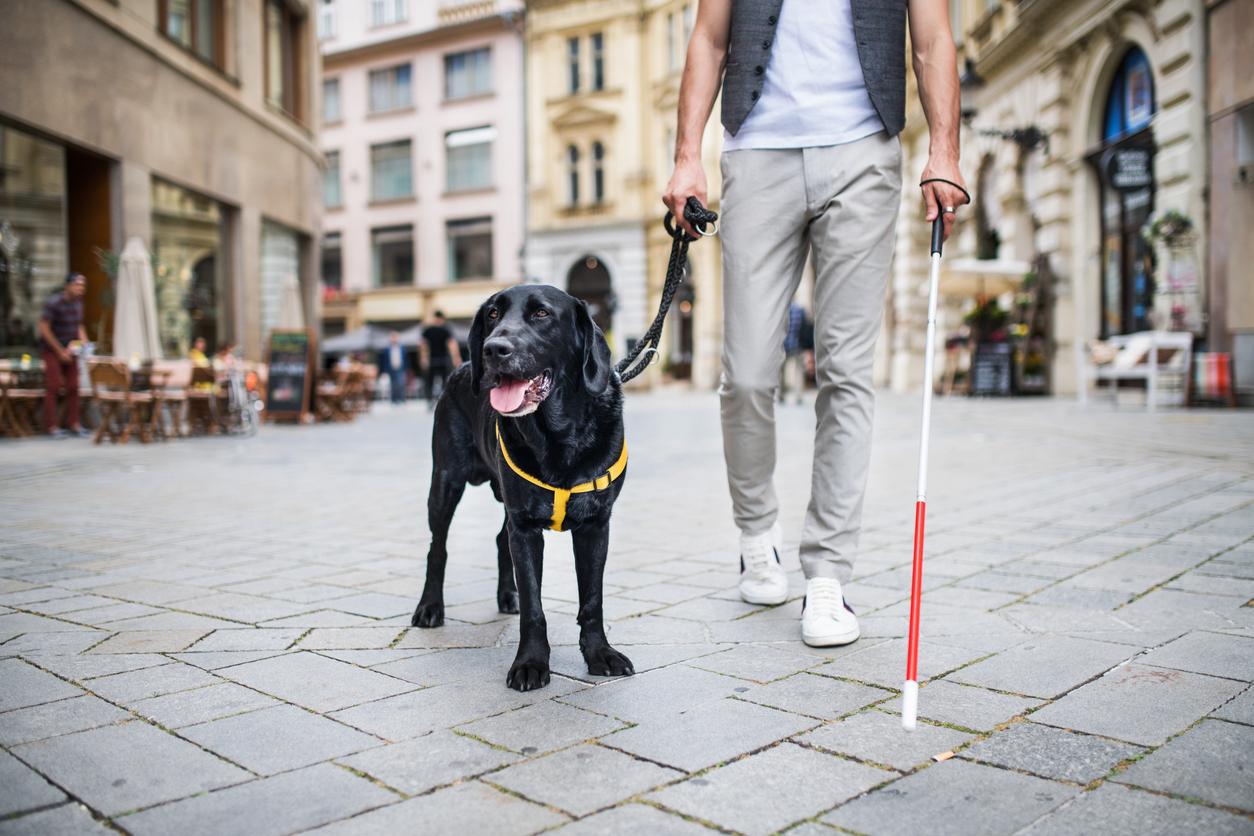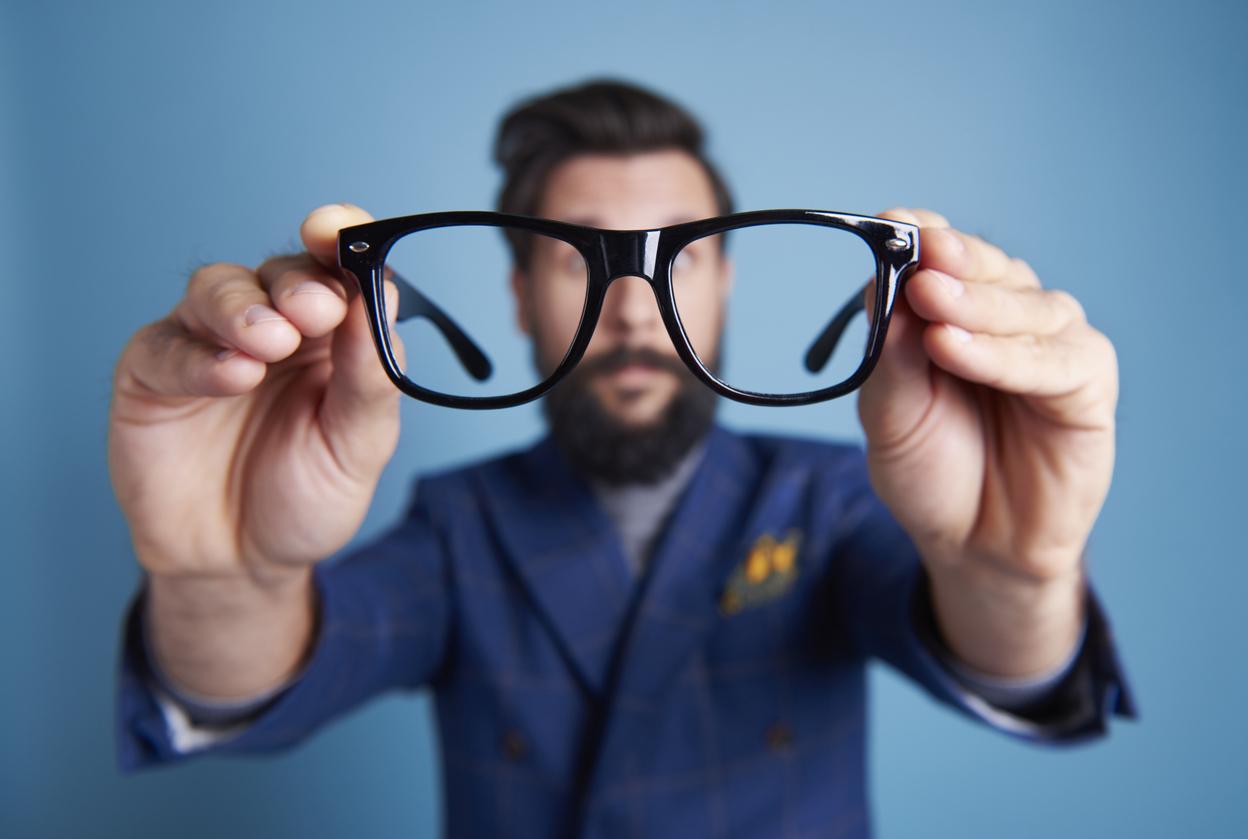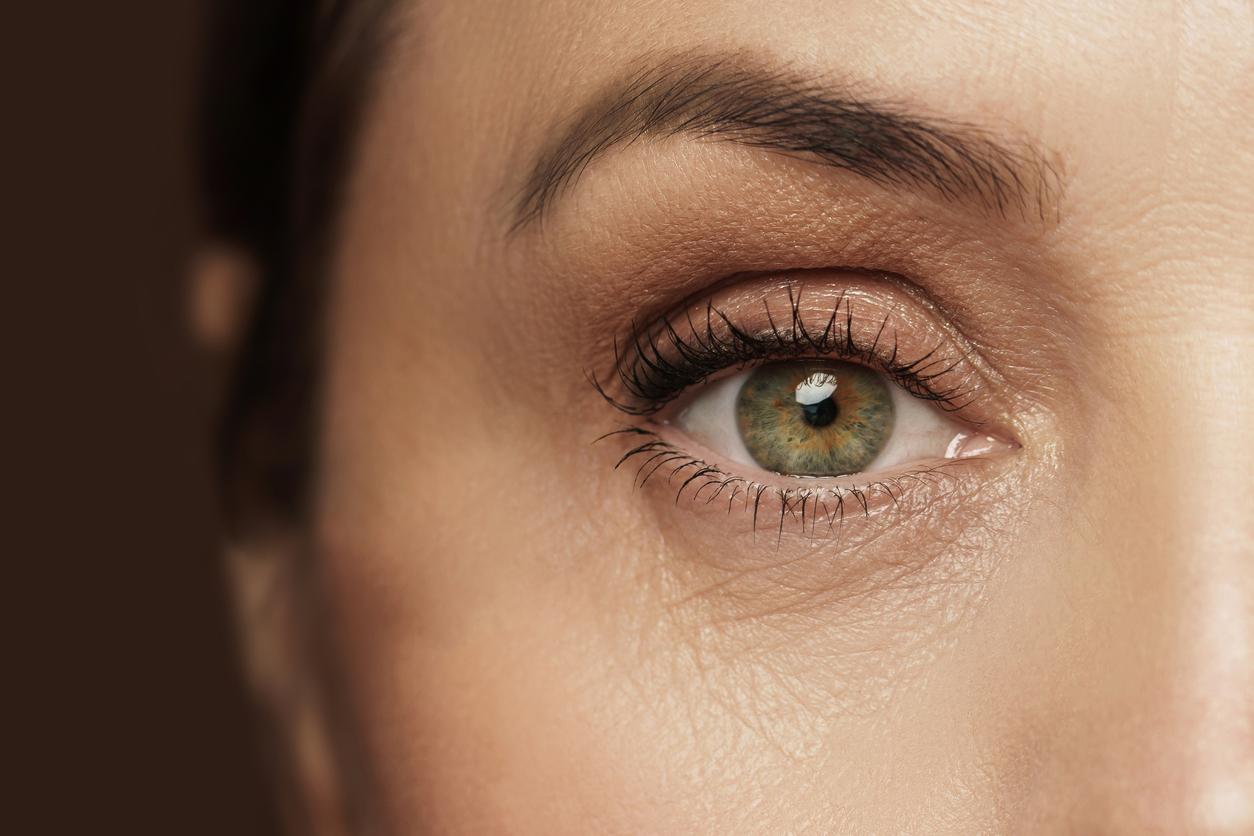British students have developed a cane capable of sending information about the immediate surroundings of people with blindness.
-1433410320.jpg)
What if students at the University of Birmingham (Great Britain) were about to revolutionize the lives of blind people? Indeed, Steve Adigbo and his colleagues have developed an intelligent cane, capable of identifying faces and informing users of them thanks to a headset connected directly via the bluetooth network.
Today as a prototype, it could also play the role of GPS in order to allow blindness sufferers to guide themselves and arrive at a given destination.
One of the developers of this cane, Steve Adigbo, explains why this project is particularly close to his heart: “My grandfather being blind, I know he would really need such a cane. There is no such thing at present ”.
Called XploR, the device works thanks to a camera capable of covering an angle of 270 °, connected to facial recognition software and a GPS. The principle is simple, as soon as a person appears in the field of the camera, the latter is able to scan his face in order to make them correspond with those entered beforehand in the memory card of the device.
Towards an upcoming launch
If there is recognition, then the user is informed of the identity, but also of the exact position of the person. “We thought this technology was important for blind people. The device had to be light and easy to use, ”says Waheed Rafiq, one of the students in charge of the project.
The project was part of LILA, a European initiative promoting initiative and research among students. In the near future, the group of students should present their invention at various British and French congresses. Young men are looking for investors to produce the cane on a larger scale for commercialization. As Waheed Rafiq confirms, this should not pose too many problems as the device seems promising: “Many medical companies, including some French, are already interested in our cane. “
.









